Humanities and Technology Ph.D.
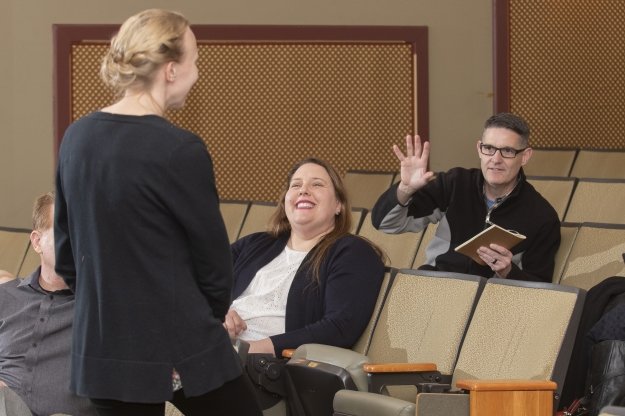
Now enrolling for fall 2026
Explore the Complex Relationship Between Humans and Technology
Salve Regina University’s Ph.D. program in humanities and technology examines the question, "What does it mean to be human in an age of advanced technology?"
Inaugurated in 1989, the program offers rigorous training in the core humanities and opportunities to conduct research that transcends traditional academic disciplinary boundaries.
The doctoral program’s unique focus, combined with the diverse composition of its student population and flexible hybrid format, make it an exceptional laboratory for philosophical innovation.
Program Features
16 courses with an average time to complete of 4 years
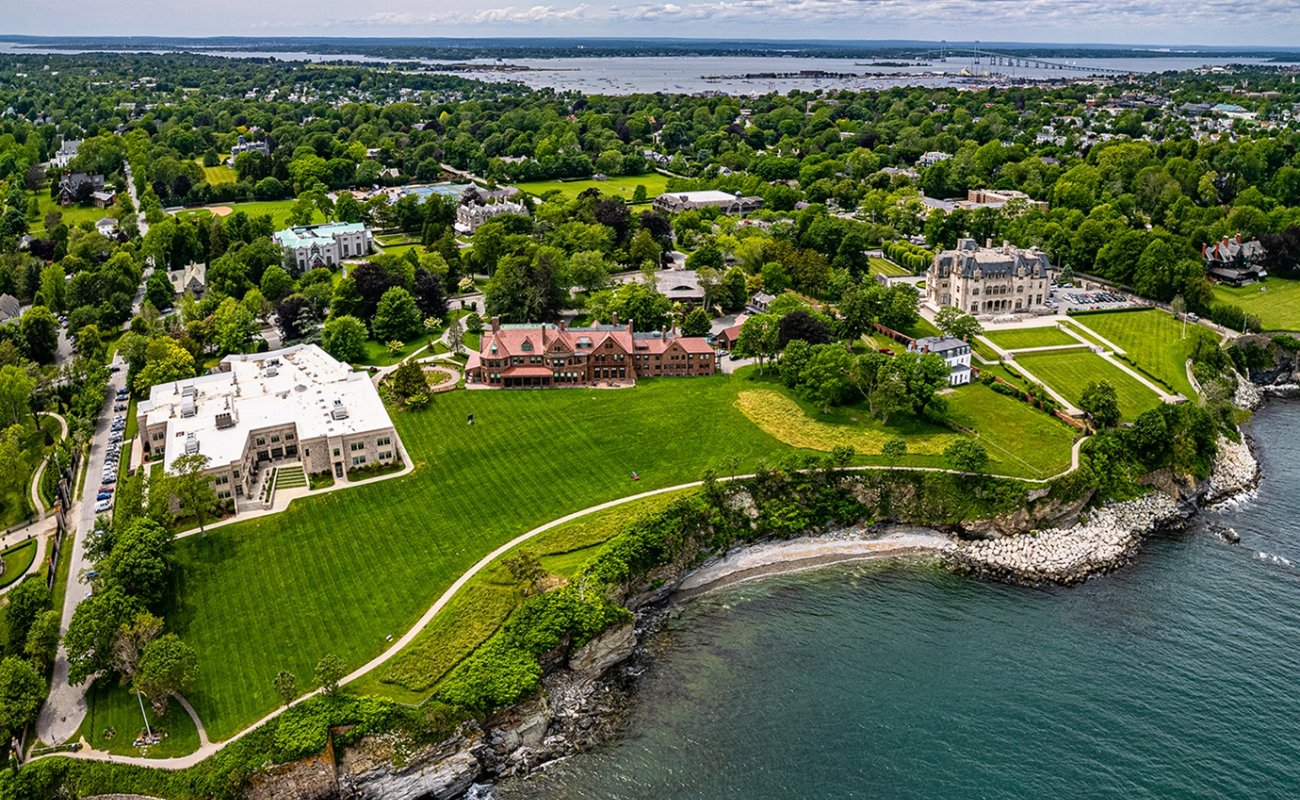
Our low-residency format honors the demands on your time. Our innovative hybrid model combines online, asynchronous coursework with weeklong campus residencies.
Low-Residency Program Format
Scholars from a variety of humanities- and science-based fields will guide you on an interdisciplinary journey that nurtures inquiry into the relationship between the humanities and technology.
Foundational coursework is completed online and during four, week-long residencies on our oceanside campus in Newport, Rhode Island. Then, they prepare for their comprehensive exams and begin the dissertation process.
The doctoral degree in humanities and technology is formed around our Independent Research Fellows Cohort, where students form a pod that takes courses together throughout their Ph.D. studies. This cohort-based program connects doctoral students with their peers and launches problem-solving interdisciplinary research.
Dr. Troy Catterson: Program Director
"Voltaire once said, ‘If God has created us in his image, then we have returned him the favor.’ We humans are now on the cusp of creating machines in our image. The only question that remains is whether they will return us the same favor.”
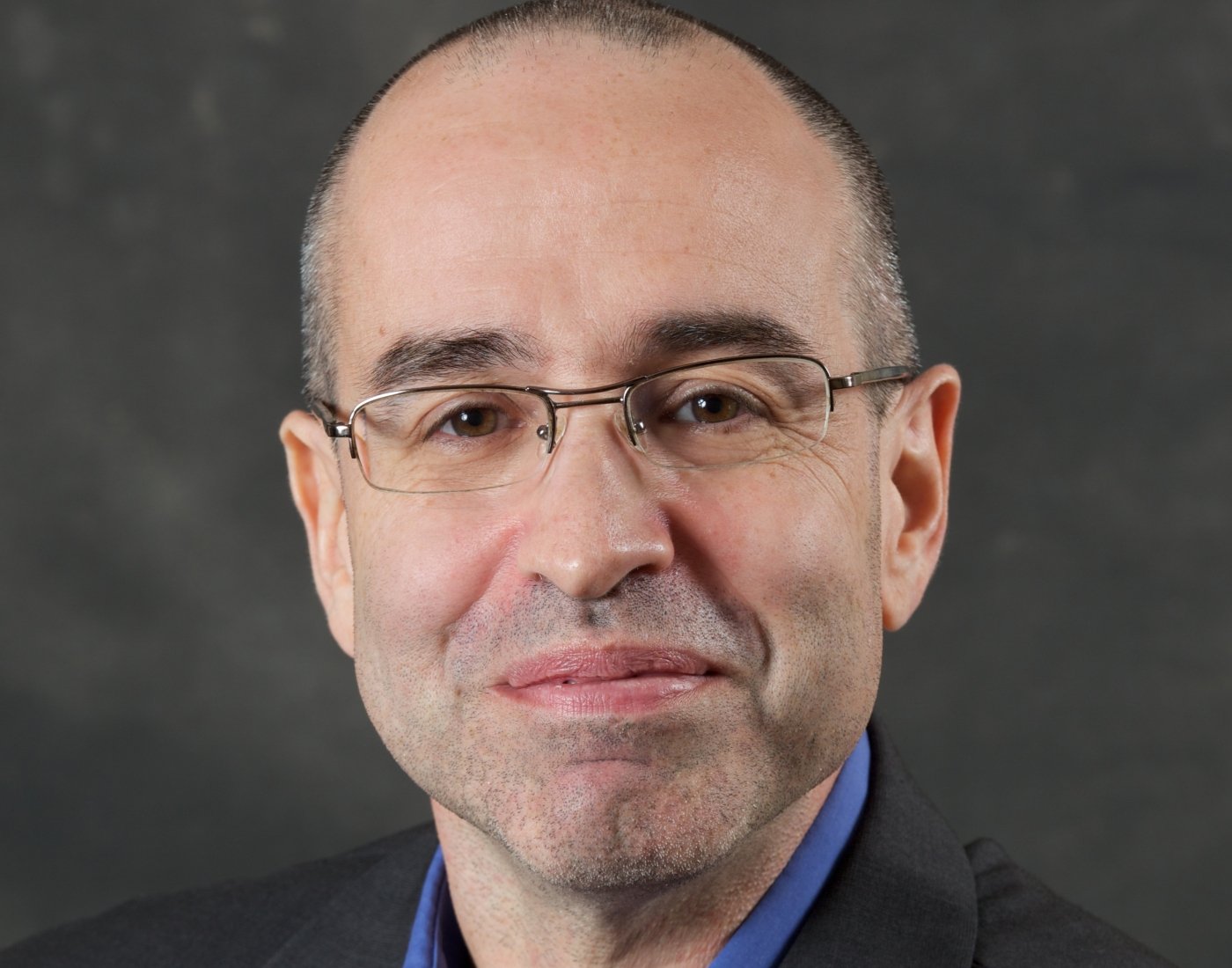
Join the Global Conversation on AI and Ethics
Artificial intelligence is shaping the future of nearly every industry. Through recent research publications by faculty and doctoral candidates, our program is contributing to global conversations on AI decision-making, ethics, and even whether “caring” can be designed into machines.

Humanities and Technology Careers
Our doctoral degree program in humanities and technology expands your abilities to think critically, pursue research outside of academic disciplines and elevate your writing skills. In addition, a low-residency Ph.D. facilitates your ability to continue your career concurrently alongside the doctoral program.
Depending on your background before the program, you can leverage your Ph.D. in a variety of career paths, including:
- Writer
- Academic lecturer or professor
- Researcher
- Policy analyst
- Nonprofit communications director
- Technology roles focused on ethics
Alumni Making Waves
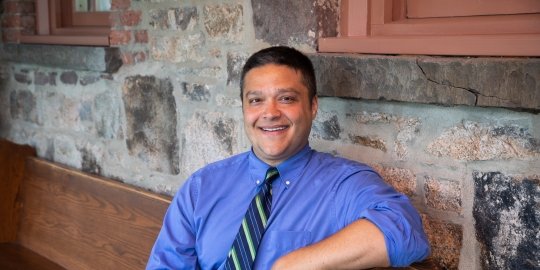
Nicholas Molinari ’20 (PhD)
Academic librarian and author
"Even though I’m 80 miles from Newport, the hybrid format of Salve’s low-residency program allowed me to contribute to the discussions of the various readings and hear the insights from my peers about these readings, better than any other learning format I've participated in - from traditional to fully online, seminar to lecture to lab. It’s been extremely rewarding.”
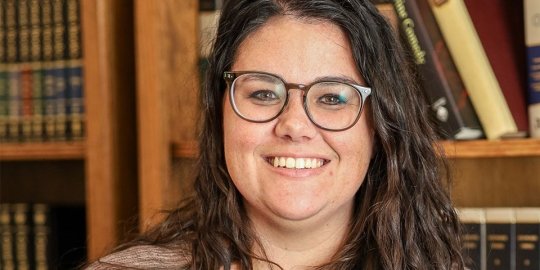
Taten Shirley '22 (PhD)
Associate professor, Faulkner University
"Salve's integration of research with more comprehensive human condition disciplines helped prepare me for my job. A lot of the skills I developed were around the ability to advocate for humanities as a discipline. I enjoyed readings that were focused on why the sciences need humanities, as well as why we need to look at the philosophical and humanities lenses when considering technology." Read more about Shirley's Salve experience.

Russell Suereth '25 (PhD)
Data Analyst
"Salve's humanities and technology program sharpened my skills in analysis, argumentation and expressive writing. It honed my understanding and ability to discuss how technology affects our everyday lives. The program provided all of this, plus a significant cohort to work with while caring and thoughtful faculty helped guide us on our journey of knowledge and awareness. The coursework and positive environment that the program provides gave me the confidence to publish multiple academic articles in several areas of the humanities and technology. The humanities and technology program is more than a collection of courses and a degree. It offers new pathways for understanding our world today and our human place in it."
Degree Options
Ph.D. in humanities and technology
Broadly conceived, the human-technology relationship remains at the heart of our interdisciplinary Ph.D. curriculum. You will be empowered by the academic freedom to draw insights and integrate knowledge from a variety of fields, including religion, philosophy, ethics, art, literature, media, history, politics and cultural theory. We challenge you to develop a specific research direction that engages the humanities and technology.
Meet Our Experts
Representing nearly every liberal arts discipline, our faculty transcend traditional academic boundaries to embrace the program’s focal question: “What does it mean to be human in an age of technology?”
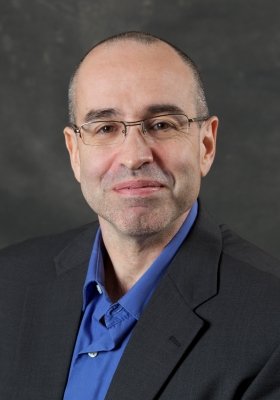
Dr. Troy Catterson
- Associate professor
- Graduate program director, Humanities
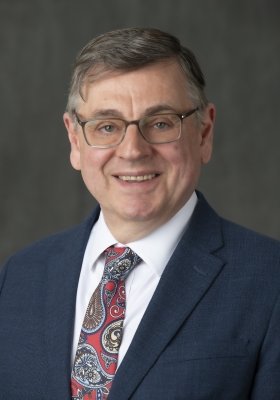
Dr. Luigi Bradizza
- Professor
- Chair, Political Science and International Relations
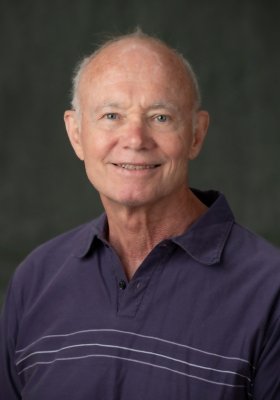
Dr. Michael Budd
- Professor
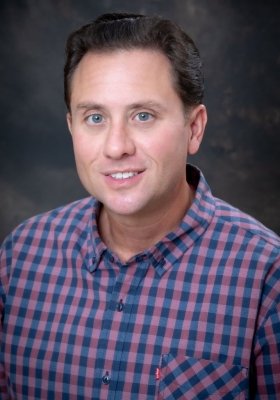
Dr. Craig Condella
- Professor
- Chair, Philosophy
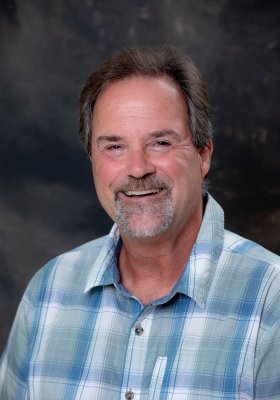
Dr. Daniel Cowdin
- Professor
- Chair, Religious and Theological Studies
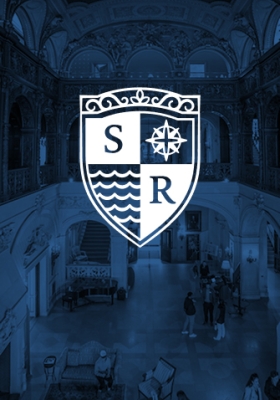
Jennifer Horan
- Adjunct professor
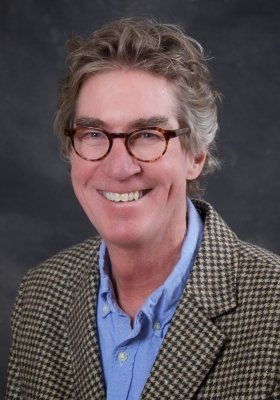
Washington Irving
- Adjunct professor
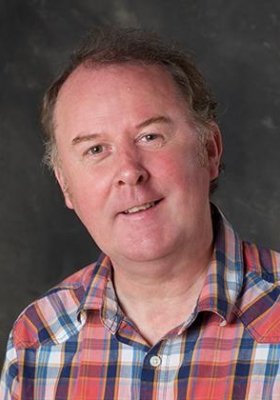
Dr. Sean O'Callaghan
- Associate professor
- Faculty fellow for student success

Jeffrey Shaw
- Adjunct professor
